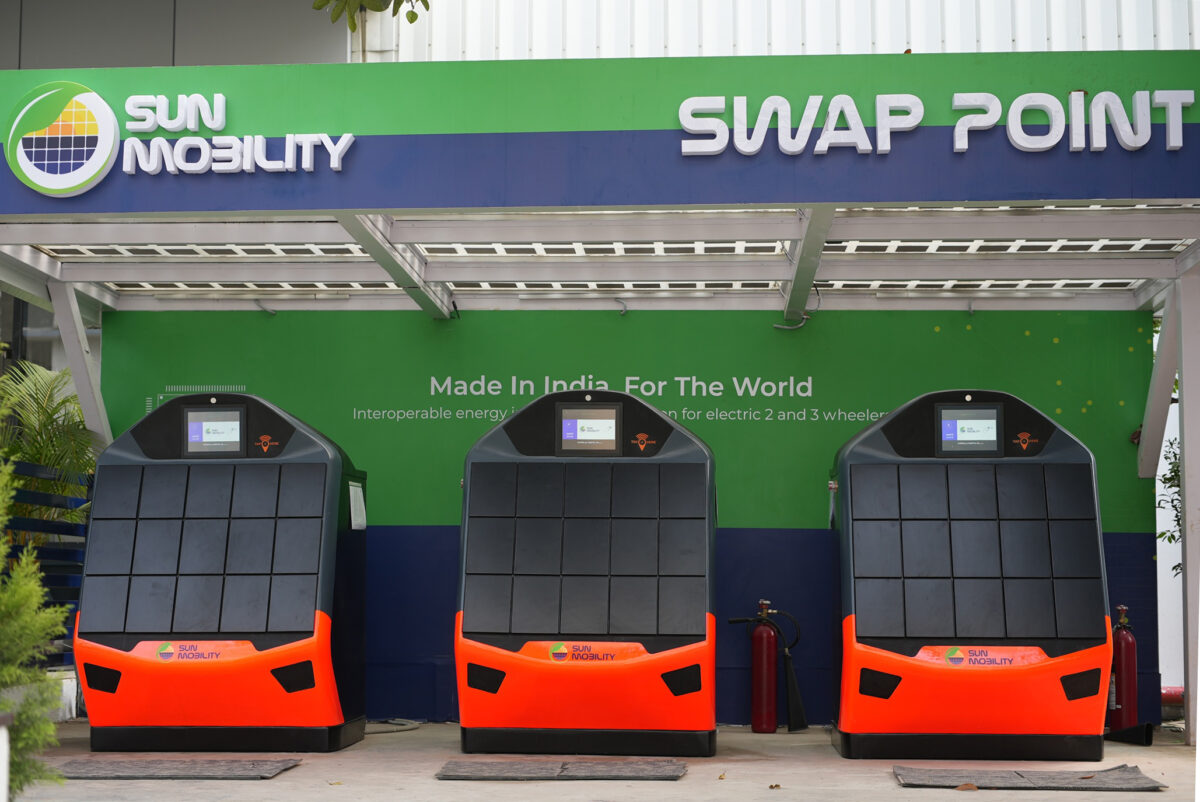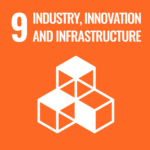Planet
The project is expected to reduce greenhouse gas emissions and local air pollutants, benefiting urban communities as the EV adoption and battery swapping model scales up.



| Investee Company | SUN Mobility |
| Sector | Transportation |
| Region | Africa and Southeast Asia |
| Total Project Cost | USD 135m |
| PIDG Commitment |
|
| Dates of PIDG involvement |
|
Electric vehicle (EV) adoption is accelerating across emerging markets – most notably in India, and in parts of Africa and Southeast Asia – driven by rising fuel costs, supportive climate policies, and the lower total cost of ownership compared to internal combustion engine (ICE) vehicles. These factors are especially compelling for commercial public transport operators when expanding or upgrading their fleets. Battery swapping is gaining traction as a promising solution to sustain this growth. By decoupling battery ownership from vehicle purchase, it reduces upfront costs by 30%–50%, enables rapid two-minute swaps that minimise earnings downtime, and mitigate range anxiety – key considerations for widespread EV adoption in low- and middle-income markets.
PIDG has participated in SUN Mobility’s Series D2 fundraise, alongside Helios Climate to raise close to USD 135m to drive the launch of Africa’s largest battery swapping network and continue to fuel SUN Mobility’s domestic growth. Founded in 2017, SUN Mobility operates over 900 battery swapping stations and powers a fleet of over 50,000 vehicles. Its globally interoperable, open-architecture battery technology services two-wheelers, three-wheelers, four-wheelers, and heavy electric vehicles (HEVs) across multiple global original equipment manufacturing partners. This funding from PIDG is expected to fund the production of more than 232k batteries, enable the adoption of more than 138k electric vehicles and roll-out more than 2000 quick interchange stations in Africa and Southeast Asia (SEA). A total of 164k tCO2e greenhouse gas emissions are expected to be avoided through the adoption of EVs and charging stations.
The project is expected to reduce greenhouse gas emissions and local air pollutants, benefiting urban communities as the EV adoption and battery swapping model scales up.
Sun Mobility’s expansion into Africa and SEA will specifically target an area of the e-mobility supply chain that is under-developed and would be a key enabler to the adoption of more EVs.
The fund is expected to raise debt and equity from commercial sources, with a mobilisation factor of 11.2.
Majority of EVs are expected to be utilised for commercial use, ultimately supporting a large number of businesses across the economy, increasing overall productivity.
The project is expected to create more than 120 jobs during construction and a further 200 jobs during operations.
Climate and transition risk is low, and Paris-aligned
The PIDG HSES team will be working with Sun Mobility to update their policies and response plans in accordance with PIDG standards.